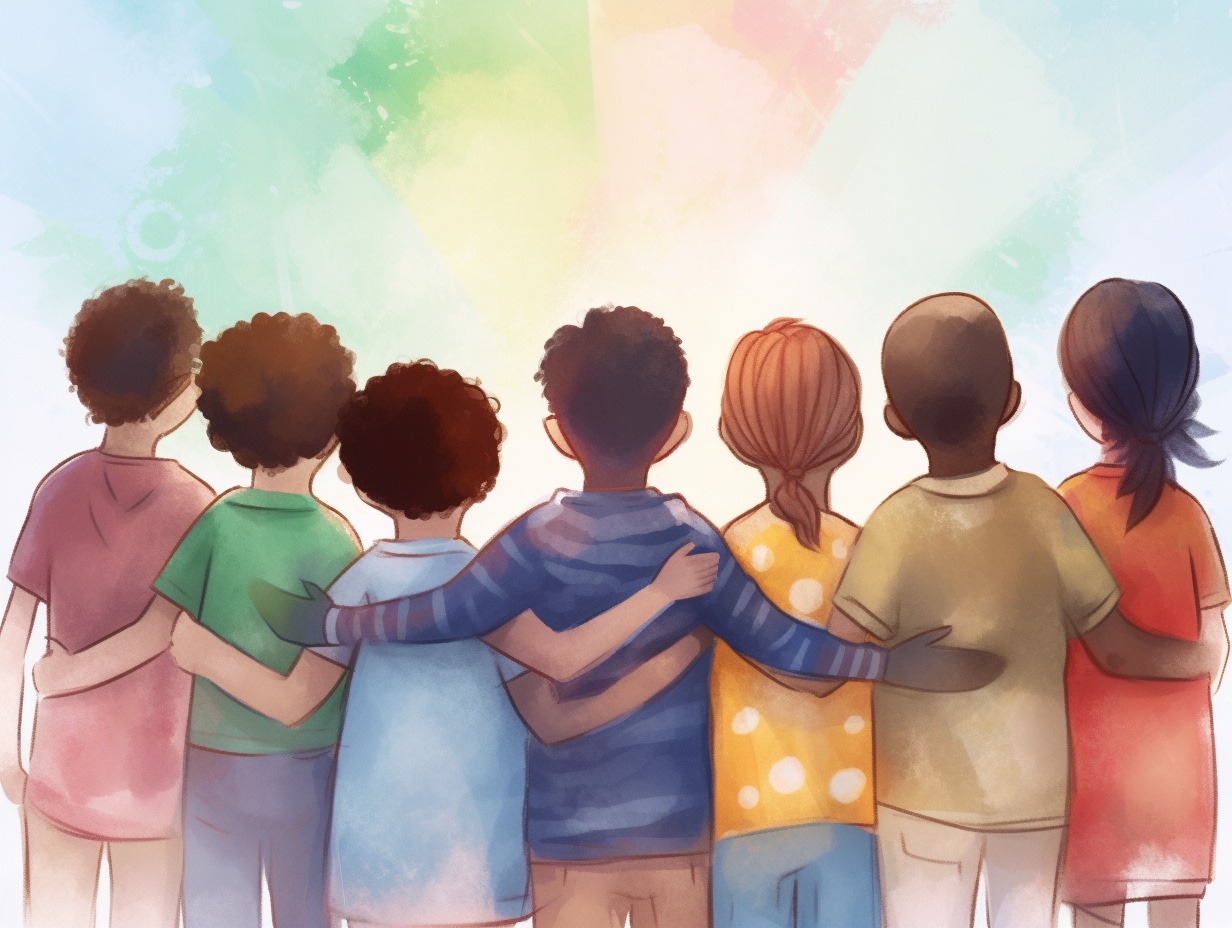Arts Education
5 Ways Theatre Develops Social Emotional Learning (SEL) in Children

Theatre has long been recognized for its ability to entertain, educate, and inspire audiences of all ages. But what about its impact on the social emotional learning (SEL) of the young performers who bring these stories to life? In recent years, educators and psychologists have recognized the power of theatre to foster essential life skills in children, such as empathy, communication, and resilience. In this post, we will explore the role of theatre in promoting SEL and how incorporating drama into your curriculum can help nurture these vital skills in your students.
1. Building Empathy Through Character Exploration
One of the most significant benefits of theatre is its ability to cultivate empathy in children. When students step into the shoes of a character, they learn to see the world through someone else’s eyes, which in turn helps them understand different perspectives and emotions. By exploring various characters and their unique challenges, students develop a deeper sense of compassion and tolerance for others. This understanding can lead to more positive interactions with their peers and a greater appreciation for diversity.
2. Enhancing Communication Skills
Theatre requires children to express themselves verbally and non-verbally, as they work together to bring a story to life. Through script analysis, improvisation, and rehearsal, students learn to communicate more effectively with their peers and adults. They develop active listening skills, learn how to interpret body language, and practice using their voice to convey emotions and ideas. These communication skills are crucial for building strong relationships, resolving conflicts, and navigating social situations both on and off the stage.
3. Fostering Resilience and Adaptability
The process of putting on a theatrical production is filled with challenges, from memorizing lines to overcoming stage fright. As students work through these obstacles, they develop resilience and adaptability, learning to bounce back from setbacks and adapt to new situations. Theatre teaches children that mistakes are a natural part of the learning process, and with persistence and hard work, they can overcome challenges and grow from their experiences.
4. Cultivating Collaboration and Teamwork
Theatre is a collaborative art form that requires students to work closely with their peers and educators to create a successful production. By participating in theatre, children learn the importance of teamwork, compromise, and shared responsibility. They discover how to give and receive constructive feedback, support their peers’ ideas, and contribute to a positive and inclusive environment. These collaborative skills are essential for success in school, the workplace, and personal relationships.
5. Developing Emotional Awareness and Self-Regulation
Through theatre, children gain a better understanding of their own emotions, as well as the emotions of others. By exploring different characters and their emotional journeys, students become more aware of their feelings and learn how to manage and express them in healthy ways. Additionally, theatre provides a safe space for children to explore challenging emotions, build self-confidence, and develop coping strategies for managing stress and anxiety.
Theatre offers a powerful and engaging platform for promoting social emotional learning in children. By incorporating drama into your curriculum, you can help your students develop essential life skills, such as empathy, communication, resilience, and teamwork. Not only will these skills benefit them on stage, but they will also have a lasting impact on their personal and professional lives, setting them up for success in all aspects of life. So, let the curtain rise and unleash the transformative power of theatre in your students’ lives!
Beat by Beat Press is the world’s fastest growing publisher of new children’s musicals and teaching drama resources, founded by a team of award-winning playwrights in New York City. Since 2011 Beat by Beat musical plays for kids have received over 6,200 productions in 75 countries around the globe.

Having this information so available is an outstanding support. I’ve been in theater work with children and teens for many years and am always reading and rereading material that I already have. I find that continually reviewing is so very helpful and being aware of the latest ways to reach those I work with is a constant help. Thank you.